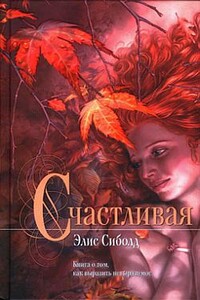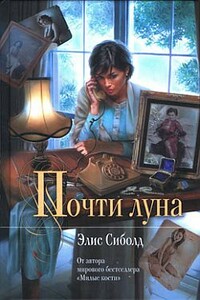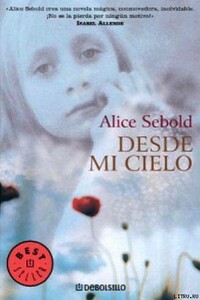My father turned but was unable to stop his tears. He slid to the floor with the sheets still in his fists, and then he opened up his arms. He had to ask my brother twice, which he had never had to do before, but Buckley came to him.
My father wrapped my brother inside the sheets that smelled of me. He remembered the day I’d begged him to paint and paper my room purple. Remembered moving in the old National Geographics to the bottom shelves of my bookcases. (I had wanted to steep myself in wildlife photography.) Remembered when there was just one child in the house for the briefest of time until Lindsey arrived.
“You are so special to me, little man,” my father said, clinging to him.
Buckley drew back and stared at my father’s creased face, the fine bright spots of tears at the corners of his eyes. He nodded seriously and kissed my father’s cheek. Something so divine that no one up in heaven could have made it up; the care a child took with an adult.
My father draped the sheets around Buckley’s shoulders and remembered how I would fall out of the tall four-poster bed and onto the rug, never waking up. Sitting in his study in his green chair and reading a book, he would be startled by the sound of my body landing. He would get up and walk the short distance to my bedroom. He liked to watch me sleeping soundly, unchecked by nightmare or even hardwood floor. He swore in those moments that his children would be kings or rulers or artists or doctors or wildlife photographers. Anything they dreamed they could be.
A few months before I died, he had found me like this, but tucked inside my sheets with me was Buckley, in his pajamas, with his bear, curled up against my back, sucking sleepily on his thumb. My father had felt in that moment the first flicker of the strange sad mortality of being a father. His life had given birth to three children, so the number calmed him. No matter what happened to Abigail or to him, the three would have one another. In that way the line he had begun seemed immortal to him, like a strong steel filament threading into the future, continuing past him no matter where he might fall off. Even in deep snowy old age.
He would find his Susie now inside his young son. Give that love to the living. He told himself this – spoke it aloud inside his brain – but my presence was like a tug on him, it dragged him back back back. He stared at the small boy he held in his arms. “Who are you?” he found himself asking. “Where did you come from?”
I watched my brother and my father. The truth was very different from what we learned in school. The truth was that the line between the living and the dead could be, it seemed, murky and blurred.
In the hours after I was murdered, as my mother made phone calls and my father began going door to door in the neighborhood looking for me, Mr. Harvey had collapsed the hole in the cornfield and carried away a sack filled with my body parts. He passed within two houses of where my father stood talking to Mr. and Mrs. Tarking. He kept to the property line in between two rows of warring hedge – the O’Dwyers’ boxwood and the Steads’ goldenrod. His body brushed past the sturdy green leaves, leaving traces of me behind him, smells the Gilberts’ dog would pick up and follow to find my elbow, smells the sleet and rain of the next three days would wash away before police dogs could even be thought of. He carried me back to his house, where, while he went inside to wash up, I waited for him.
After the house changed hands, the new owners tsk-tsked at the dark spot on the floor of their garage. As she brought prospective buyers through, the realtor said it was an oil stain, but it was me, seeping out of the bag Mr. Harvey carried and spilling onto the concrete. The beginning of my secret signals to the world.
It would be some time before I realized what you’ve undoubtedly already assumed, that I wasn’t the first girl he’d killed. He knew to remove my body from the field. He knew to watch the weather and to kill during an arc of light-to-heavy precipitation because that would rob the police of evidence. But he was not as fastidious as the police liked to think. He forgot my elbow, he used a cloth sack for a bloody body, and if someone, anyone, had been watching, maybe they would have thought it strange to see their neighbor walk a property line that was a tight fit, even for children who liked to pretend the warring hedges were a hideout.





